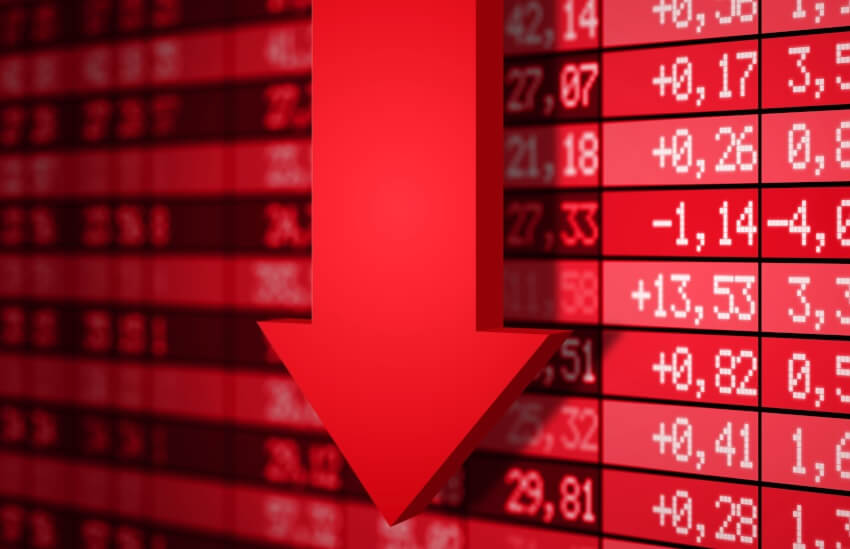Investors prepare for virus hit
The coronavirus outbreak is predicted to lead to at least two quarters of “well below-trend growth”, leading to higher unemployment and a drawn-out recovery for Australian investors, economists have advised.
According to Westpac’s chief economist, Bill Evans, Australia will enter a technical recession in 2020 as the mandatory quarantine requirements, restrictions of public gatherings and brutal sell-off in the global equity markets have an impact on the economy.
“Growth through 2020 is now estimated at 1.5 per cent with minus 1 per cent in the first half and 2.5 per cent in the second half,” Mr Evans said.
“The unemployment rate is now forecast to reach 7 per cent by October 2020 (up from the previous estimate of 5.8 per cent to 6.0 per cent) due to the larger negative shocks to the labour-intensive sectors such as recreation, tourism, education, renovations and additions, and dwelling construction.”
The economist explained: “This lift in the unemployment rate is despite reducing the participation rate from 66.1 per cent to 65.4 per cent as a discouraged worker effect — that is, as workers respond to a deteriorating labour market, the participation rate is likely to decline.”
The impact of the coronavirus on manufacturing and supply lines — as well as business confidence — could see the Asia-Pacific region thrown into a recession, according to S&P Global Ratings.
“An enormous first-quarter shock in China, shutdowns across the US and Europe, and local virus transmission [guarantee] a deep recession across [the Asia-Pacific region],” said S&P APAC chief economist Shaun Roache.
“Our estimate of permanent income losses is likely to at least double to more than $US400 billion. For credit markets, a key question is how these losses are distributed across sovereigns, firms, banks and households.”
While Moody’s said: “Our new baseline assumes a pullback in consumption and ongoing disruption to production and supply chains in the first half of 2020, followed by a recovery in the second half. In the short run, this is playing out as both negative supply and demand shocks.”
However, State Street Global Advisors believes talk of global recession is “premature”.
“Undue panic and fear is the worst recipe in times like this,” said Amlan Roy, head of global macro policy research at State Street.
“Balance is necessary. Co-ordinated central bank actions have not been considered effective by the market… Street talk of ‘global recession’ is confused when based on stock market losses and volatility.”








